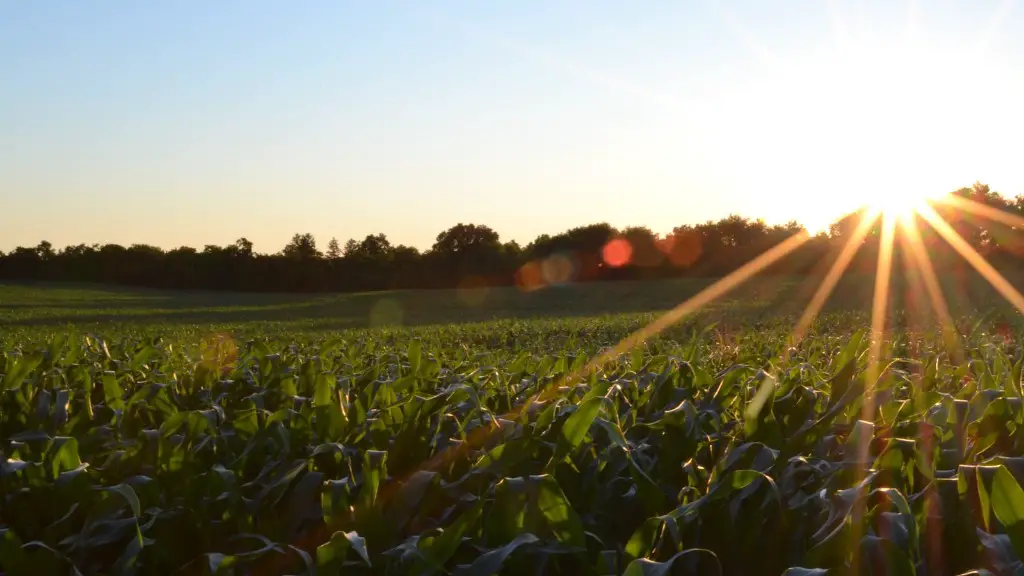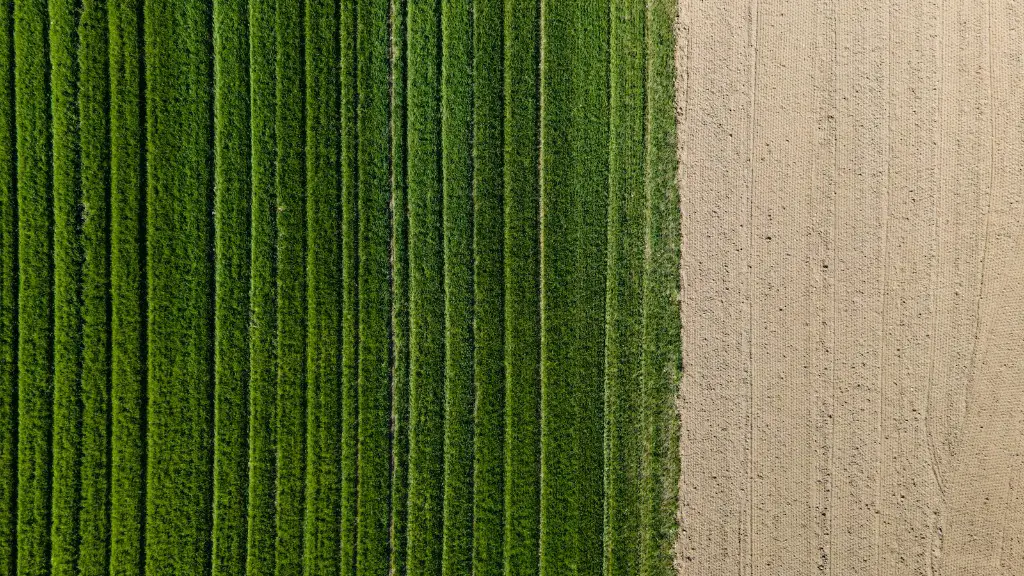AI (Artificial Intelligence) stands for a lot of things in agriculture. For example, it can be used to help farmers by providing wised-up decision-making, predicting future crop yields, or automating some of the more tedious or laborious tasks on a farm. AI can also help farmers gain access to high-end data and analytics tools that used to be out of reach to small and even medium-sized farms. In short, AI is enabling farmers to meet the challenges of a growing global population with fewer resources and greater efficiency.
1. How AI Can Help Farmers
AI can save farmers time, effort, and money by automating tedious tasks, analyzing big data, and providing farmers with reliable and accurate predictions about their crop yields. AI can also give small farmers access to high-end analytics and data tools that were previously only available to large agricultural businesses. Automation can help farmers reduce costs and improve the efficiency of their operations. AI also enables farmers to make more informed decisions about their crop selection and yields.
2. Applications of AI in Agriculture
AI can be used in a variety of ways in agriculture, including crop selection, soil management, and water conservation. AI can help farmers accurately predict the yield of their crops and inform them of optimal planting times. AI can also be used to identify pests and diseases, manage irrigation and fertilization, and monitor and control livestock.
3. Adoption of AI in Agriculture
AI has been rapidly adopted in the agricultural industry, and the use of AI-based tools is becoming increasingly commonplace. In many parts of the world, AI is seen as a must-have tool to remain competitive in the global market. AI has become an important key to a successful farming enterprise, as it enables farmers to increase yields, reduce costs, and improve the efficiency of their operations.
4. Benefits of AI in Agriculture
AI has the potential to revolutionize the agricultural industry by providing farmers with predictive decision-making and helping them gain access to previously unavailable data and analytics. AI is helping farmers to produce more with fewer resources and at lower costs, while also allowing them to make more informed and educated decisions. AI is enabling farmers to become more competitive, as well as become more sustainable and able to meet the challenges of a growing global population.
5. Potential Challenges of AI in Agriculture
One of the potential challenges of using AI in agriculture is the cost associated with acquiring and implementing the technology. While AI can help farmers reduce costs in the long run, initially the upfront cost can be high. Additionally, there are security, privacy, and data governance issues that need to be addressed when using AI. Finally, AI should be used as a supplement to, rather than a replacement for, traditional human expertise and experience in agriculture.
6. Practical Use Cases of AI in Agriculture
Some of the practical use cases for AI in agriculture include automated precision farming, remote monitoring of crop health and soil conditions, the creation of crop growth models and the use of robotics in soil cultivation. AI can also be used to develop specialized applications that help farmers manage pests, optimize water use, create watering schedules and increase efficiency of farm operations.
7. Future of AI in Agriculture
AI is revolutionizing agriculture, and the technologies are rapidly advancing. AI is becoming an integral part of farming operations as farmers turn to this tech-driven approach to increase efficiency, reduce costs, and utilize big data to increase crop yields. In the future, AI will be even more widely adopted, with more sophisticated applications and more potent algorithms. It can be expected that AI will continue to revolutionize the agricultural industry.


